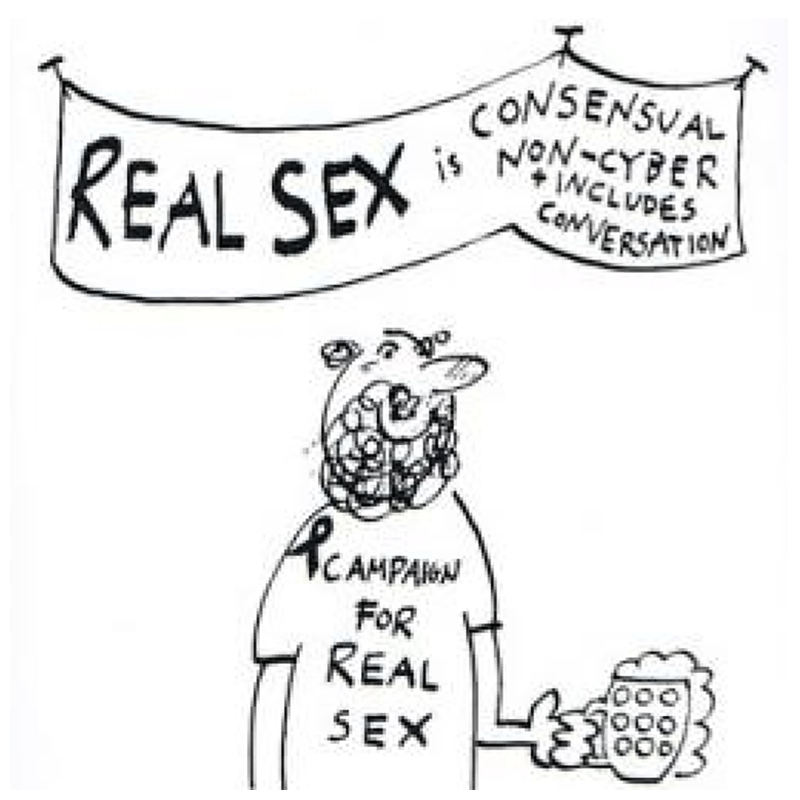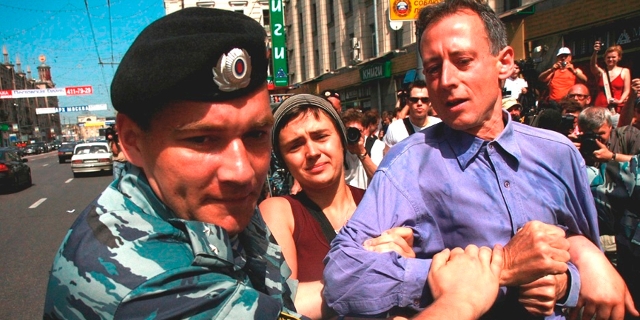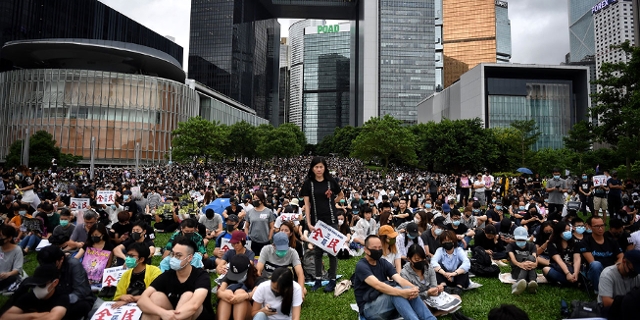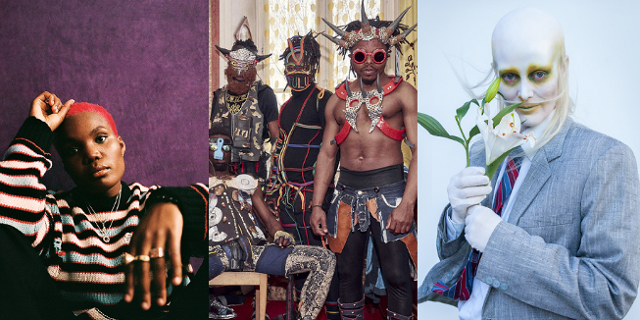„Listen to what women say, that’s a good start“
Reality Check Special
this saturday at 12 noon
A UN-sponsored campaign of Activism against Gender-Based Violence is currently under way and will last until the International Human Rights Day on 10th December. It aims to raise public awareness mobilizing people everywhere to bring about a change in society that enables a culture which allows violence against women to occur frequently. Reality Check takes a close look at the conversations and research surrounding gender-based violence. What are the driving factors that often contribute to the problems and what are the personal and long-term impacts on victims who frequently suffer in silence? And as part of this programme, we also look at the role of men in combatting violence against women and girls and hear about initiatives that try to change the male culture that emboldens some men to engage in harassment of women.

White Ribbon / Annie Lawson
One of those initiatives is called the White Ribbon Campaign. Essentially it’s a worldwide movement of men and boys working to end male violence against women and girls. It was formed by a group of pro-feminist men in Canada back in the 1990s and it’s now active in around 60 countries. It came about as a response to a school massacre of female students. The campaign was designed to raise awareness about how common male violence against women is.
I spoke to Chris Green from the White Ribbon Campaign UK and asked him more about what goes on with his organisation.
Chris Green: The first thing (we ask men to do) is listen; listen to what women say, that’s a good start. Act and intervene when you find colleagues or friends talking inappropriately. Take every opportunity to treat women equally. For example, we find a lot of increased positive behaviour on the sports fields and I think it’s really good when we see women getting more coverage on sports media with men supporting that rather than sitting and moaning (about women’s participation).
We want men to wear a white ribbon so that people ask “what’s that”? We want them (men) to swear the pledge that says, “I swear never to commit, never to excuse and never to remain silent about violence against women”. And we want men to share the information with other men they know.
Many men might say that they will wear a white ribbon but often these aren’t the men in society you want to change. You probably need to go into situations where men wouldn’t think twice about being abusive to a woman. These men presumably wouldn’t contemplate wearing a ribbon of any sort.
Chris Green: We are not interested in sitting in rooms of academics saying “oh yes, men should do more!” We are out there on sports fields, at music venues. In fact, one of the biggest sports teams in the north of England, Hull Rugby team, ran out onto the pitch with shirts that had the logo “men, challenging male violence against women and girls”! When I first started working in this field, I had no idea of the extent of the violence against women and it becomes obvious to you that it is the worst human rights violation in the world today. It affects between one in three and one in four women in Europe and across the globe and it’s our responsibility, as men, to talk to the men that we know and to challenge it. That’s why it’s worth talking to the people you know, whether you think they are the converted or not, and getting to talk to the men that they know and gradually we are spreading the message and it is working.
Let me give you a practical situation. Say, you are in a locker room with a group of male friends who are playing tennis or squash and after the matches the conversation turns to a typical locker room talk about women. What should a man do in that situation to confront this kind of exchange?
Chris Green: I think if you are in that situation, you are in a perfect position to gently challenge their behaviour. If you are in the locker room with the locker room boys, you are part of their team and they will take chiding or rebukes from people they know far better than from an outsider. And as far as the thing you are talking about – so-called locker room behaviour - , men are changing and we welcome that. I am a man and I too am changing and I examine my own behaviour which I talk about with my male friends and the women I know. It’s a good thing for us all to be looking at the way we behave.
In that scenario, what kind of sentence can I use with male friends when I really mean, hey guys, cut this out!
If you miss the program, you can still stream it via the Reality Check podcast or at fm4.ORF.at/7tage.
Chris Green: Well, in Australia, they have a campaign called “Hey, mate!” And it begins, “Hey, mate – that’s not OK!” I have been surprised by the fact that as soon as you start to challenge one person, somebody else will almost certainly join in on your side. People are feeling uncomfortable but they are not prepared to speak out. And so, as soon as someone does, people support you and work with you.
Publiziert am 01.12.2017



















